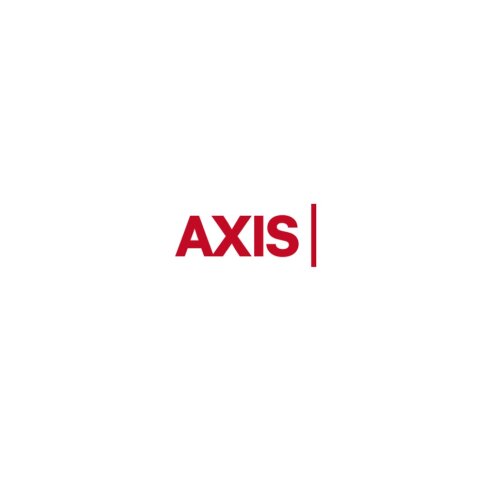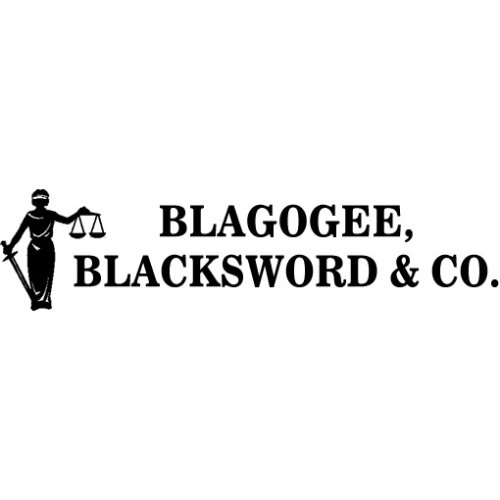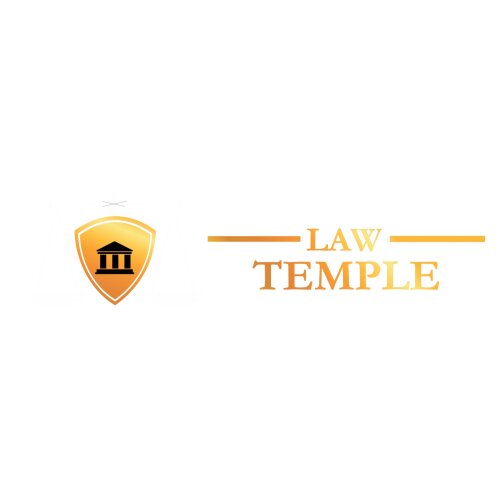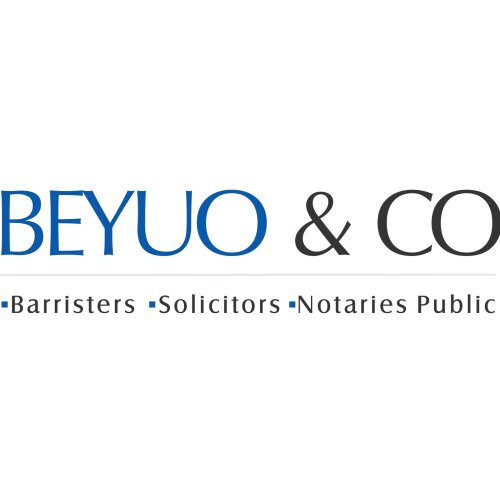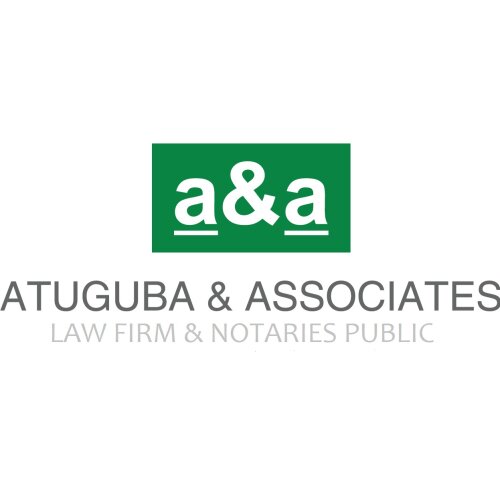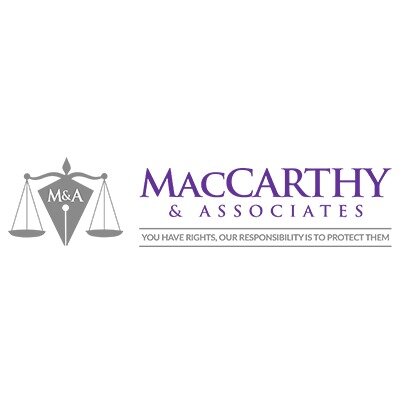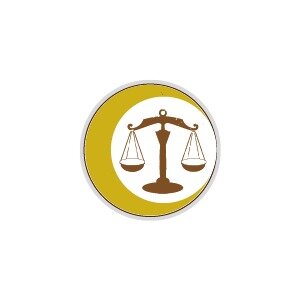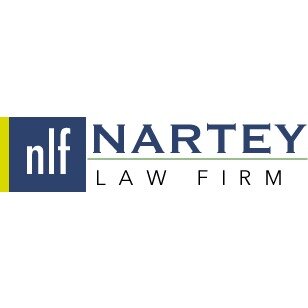Best Sanctions & Export Controls Lawyers in Ghana
Share your needs with us, get contacted by law firms.
Free. Takes 2 min.
Or refine your search by selecting a city:
List of the best lawyers in Ghana
About Sanctions & Export Controls Law in Ghana
Sanctions and export controls are integral parts of Ghana’s legal system, especially as they relate to international trade, national security, and foreign policy objectives. These laws regulate the movement of certain goods, technologies, and services across Ghana's borders, as well as compliance with both local and international sanctions regimes. The primary goal is to prevent the proliferation of weapons, protect the economy, support international obligations, and maintain national security. In a global trading environment, Ghana aligns its sanctions and export controls with relevant United Nations Security Council resolutions and integrates key aspects through local legislative frameworks.
Why You May Need a Lawyer
Sanctions and export controls can be complex, often involving a web of local statutes, international agreements, and administrative requirements. You may need a lawyer if:
- You are a business seeking to export or import goods that may be subject to controls or restrictions.
- Your business deals with foreign partners from countries subject to international sanctions.
- You have received a notice of investigation or enforcement action from Ghanaian authorities.
- You wish to apply for a permit or license for the export of controlled items.
- Your company is unsure if its products or operations fall under sanctions or export controls.
- You need help interpreting international agreements or understanding Ghana’s obligations under such frameworks.
- You face the risk of financial penalties, criminal prosecution, or loss of export privileges due to alleged non-compliance.
Local Laws Overview
Ghana’s sanctions and export controls framework is shaped by several statutes and regulations. Key elements include:
- Export and Import (Control) Act, 1963 (Act 118) - Empowers authorities to regulate the export and import of goods subject to control and restriction, especially where public policy or international obligations are involved.
- Customs Act, 2015 (Act 891) - Sets the customs procedures and appoints the Ghana Revenue Authority (GRA) as the main enforcement body for import and export regulations.
- Anti-Terrorism Act, 2008 (Act 762) and subsequent amendments - Provides the legal framework to enforce United Nations Security Council sanctions relating to terrorism financing and related activities.
- Strategic Trade Control - Ghana is in the process of strengthening legal and institutional frameworks to monitor the export of dual-use goods and sensitive technologies.
Persons or entities involved in cross-border trade must adhere to licensing requirements, reporting obligations, and restrictions designed to prevent unauthorized transactions with sanctioned countries, entities, or individuals. Violations may result in severe penalties, including fines, imprisonment, confiscation of goods, or revocation of business licenses.
Frequently Asked Questions
What are export controls?
Export controls are laws and regulations that restrict the movement of certain goods, technologies, or services from Ghana to other countries. These controls are in place to prevent illegal trade, strengthen national security, and honor international commitments.
What are sanctions in the Ghanaian context?
Sanctions are legal, financial, or trade-related restrictions imposed on specific countries, individuals, or entities, often due to international obligations, foreign policy, or security reasons. Ghana enforces sanctions adopted under United Nations Security Council resolutions and those passed through domestic legislation.
Who enforces export controls and sanctions in Ghana?
The Ghana Revenue Authority (GRA), particularly its Customs Division, and the Ministry of Trade and Industry play the main roles in enforcement. Other agencies, such as the Financial Intelligence Centre and National Security, may also be involved.
Do I need a license to export controlled goods?
Yes, exporting certain goods, especially those listed as controlled or restricted, requires advance licensing from relevant governmental authorities. Attempting to export controlled items without a license is illegal and subject to penalties.
How do I know if my goods are controlled?
You should consult official government lists or a legal advisor. Controlled items often include weapons, dual-use technologies, pharmaceuticals, and high-value raw materials. The Ghana Revenue Authority and Ministry of Trade maintain up-to-date lists and guidance.
What are the penalties for violating export controls or sanctions?
Penalties may include hefty fines, confiscation of goods, cancellation of business licenses, and even criminal prosecution leading to imprisonment, depending on the severity of the violation.
Can sanctions affect everyday businesses?
Yes. Even businesses not directly involved in international trade can be affected if they deal with persons or entities subject to sanctions or handle products that require export controls compliance.
How do international sanctions impact Ghanaian companies?
Ghanaian companies that conduct business with parties in sanctioned countries or sectors may face restrictions, loss of contracts, or administrative penalties. Compliance with international sanctions preserves good standing with global trade partners.
What steps should I take to ensure compliance?
Conduct thorough due diligence on business partners, check government lists for restricted parties or goods, apply for necessary licenses, and seek regular legal advice to keep up with any developments in laws or regulations.
What should I do if I am accused of violating sanctions or export controls?
Immediately consult a lawyer experienced in sanctions and export controls. Prompt legal advice can help you understand your rights, formulate a defense, and minimize penalties or administrative action.
Additional Resources
- Ghana Revenue Authority (GRA) - Customs Division: Provides guidance, forms, and up-to-date information on controlled and restricted goods.
- Ministry of Trade and Industry: Issues export licenses and oversees implementation of related trade laws.
- Financial Intelligence Centre: Handles compliance aspects related to money laundering and enforcement of international sanctions linked to financing.
- Ghana Chamber of Commerce and Industry: Offers support and information to businesses involved in international trade.
- Legal Aid Commission of Ghana: Can assist individuals who require legal representation and meet eligibility requirements.
Next Steps
If you believe you need legal help with sanctions or export controls in Ghana, start by gathering all relevant information about your business activities, correspondences, and transactions. Prepare a list of your questions and concerns. Then, consider the following steps:
- Consult a lawyer or law firm with experience in Ghanaian trade law and international sanctions compliance.
- Reach out to the Ghana Revenue Authority or Ministry of Trade for official guidance or clarification about licensing or regulations.
- Stay informed about updates to the law or changes in international obligations affecting Ghana.
- Ensure that your business has strong compliance policies, staff training, and monitoring systems.
Legal advice tailored to your specific situation is critical - an experienced lawyer can help you interpret the law, answer your questions, and protect your interests if regulatory or enforcement actions arise.
Lawzana helps you find the best lawyers and law firms in Ghana through a curated and pre-screened list of qualified legal professionals. Our platform offers rankings and detailed profiles of attorneys and law firms, allowing you to compare based on practice areas, including Sanctions & Export Controls, experience, and client feedback.
Each profile includes a description of the firm's areas of practice, client reviews, team members and partners, year of establishment, spoken languages, office locations, contact information, social media presence, and any published articles or resources. Most firms on our platform speak English and are experienced in both local and international legal matters.
Get a quote from top-rated law firms in Ghana — quickly, securely, and without unnecessary hassle.
Disclaimer:
The information provided on this page is for general informational purposes only and does not constitute legal advice. While we strive to ensure the accuracy and relevance of the content, legal information may change over time, and interpretations of the law can vary. You should always consult with a qualified legal professional for advice specific to your situation.
We disclaim all liability for actions taken or not taken based on the content of this page. If you believe any information is incorrect or outdated, please contact us, and we will review and update it where appropriate.
Browse sanctions & export controls law firms by city in Ghana
Refine your search by selecting a city.



